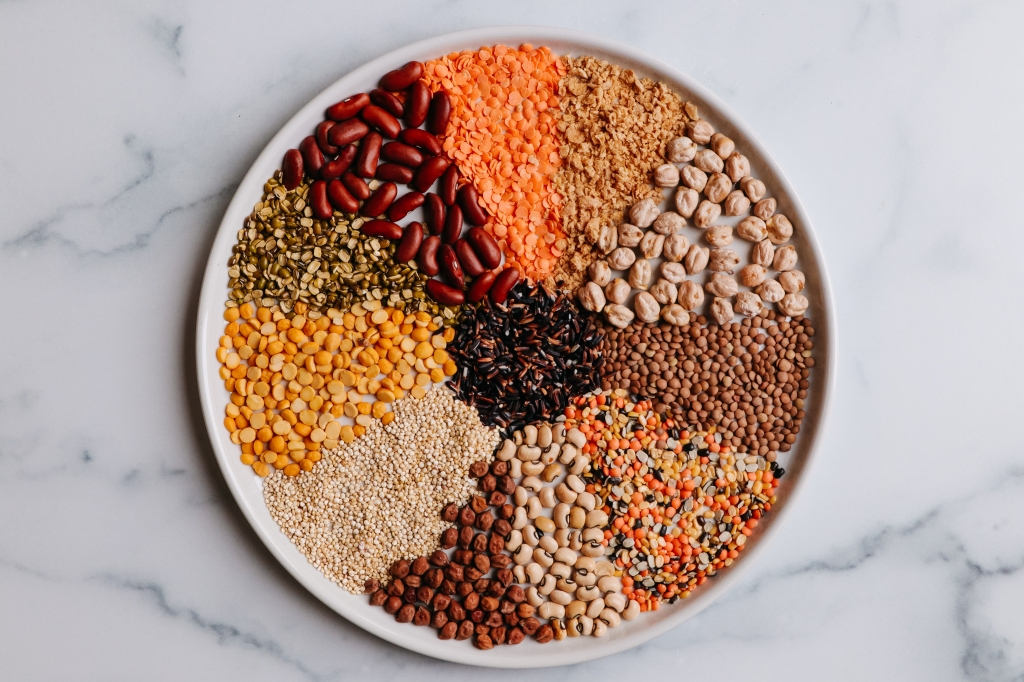Happy Paryushan!
I hope all of you celebrating have had a peaceful and energizing start to your Paryushan, and those of you who were fasting on the first day are satama. To open this Paryushan series on the blog, I wanted to share a little bit about this auspicious festival and a few tips to help set yourself up for success over the next week
So what is Paryushan?
Simply said: Paryushan is an 8 day Jain festival focused on spiritual awareness and introspection, where we focus on our soul rather than the body, reflect on the impact of our actions, seek forgiveness, and realign with our spiritual goals.
What I love about Paryushan is that there are SO many ways to observe it, such as engaging in acts of service, taking vows for self discipline, studying scriptures, practicing minimalism, meditation, and reciting prayers. The goal is to ultimately dedicate your time, thoughts, and actions inward, and away from the pursuit of materialism and worldliness.
In the kitchen, this means some fast or give up certain foods by following a simple vegetarian diet–diverting the focus of food from indulgence to sustenance. The purpose of this is to avoid harming/plucking plant life and to instead use the time and attention we give to food, to focus on the soul and spiritually inclined activities.
The Paryushan diet traditionally involves avoiding eating any fresh produce like fruits and vegetables to avoid harm to plant life. Instead, we rely on foods like grains, legumes, lentils, nuts*, and dried spices for these 8 days. In practice, individuals may apply these guidelines in different ways depending on their own capacity. Regardless, the goal is to do as little harm as possible to living plants.
*Note: some people also do omit consumption of certain nuts or nuts altogether

While dairy is traditionally used in the Jain diet and during Paryushan, there is a growing movement toward a vegan lifestyle as people are recognizing the cruelty and exploitation faced by cows and the industrialization of dairy.
My journey to veganism over the last several years grew out of a recognition that our practice of ahimsa through Jainism and the Jain diet, (including Paryushan!) should include the omission of dairy. Jainism is beautiful in that it recognizes the equality and value of life of all living things. And so, it just made sense to me–for the animals, for our health, and for the environment. Following a vegan diet & lifestyle allows me to feel most aligned with ahimsa and the compassionate lifestyle I aim to pursue and share with all of you on the blog. We are lucky to live in a time where vegan alternatives are so accessible too!

This Paryushan, I also encourage and challenge those celebrating to try going vegan as part of our compassionate practice.
Finally, I want to share 5 tips to set you up for success for a soulful Paryushan!
- Make a plan: Self reflect and decide on the activities or vows you’d like to participate in: whether it is giving up your favorite TV show for the week, taking a vow of silence, fasting, or controlling stress/anger, choose something that personally challenges you to step away from materialism and focus on spiritual growth.
- Initiate a new habit that reflects environmental consciousness: maybe it’s composting, going paperless, trying alternative forms of transportation, staying on trail, taking shorter showers, going vegan, practicing choviar (eating before sunset), not wasting food…find something you’d like to improve on and commit to it!
- If you are not fasting, or are doing 1 or 2 meal fasts, plan your meals and stock your pantry! Being fully equipped will make cooking a lot less stressful and boring. For staples, I recommend having the following on hand:
- Grains: rice, quinoa, bulgur, poha, semolina, whole wheat flour, bajri flour (gluten free!), oats, couscous
- Lentils: Red lentils, french lentils, urad daal, toor daal, and chana dal
- Beans: mung beans, kidney beans, black eyes peas, chickpeas, black beans, pinto beans
- Spices: dried curry leaves, dried chilis, a variety of Indian spices, Italian spices, dried ginger, zaatar, salt, pepper
- Acidic Tones: dried limes, dried ground limes, kokum, amchoor
- Bloating aids: hing, mint or ginger tea, probiotics
- Non-dairy alternatives:
- For paneer: Use tofu for a more compassionate and higher protein option. You can also make tofu fresh at home quite easily!
- For milk: Opt for soy, hemp, flax, oat, nut, or coconut milk
- For yogurt: try a vegan yogurt made from soy, coconut, or nuts! You can check out my reel here if you’d like to learn how to make vegan yogurt in your instant pot!
- For ghee/butter: Use a vegan butter alternative, avocado oil, olive oil, coconut oil, or vegan ghee from Trader Joes!
- If you are fasting–stay hydrated! If you are doing a fast without water (you are superhuman), stay in tune with how your body is feeling. Staying healthy is of utmost importance and will allow you to continue pursuing the practices and goals you’ve set for Paryushan.
- Join the conversation to inspire and be inspired: these 8 days might seem challenging, but remember, it is only 8 days out of an entire year! Dedicate this time to self-analysis and developing sustainable habits for yourself. There are some wonderful groups hosting open dialogues on Clubhouse and Instagram, like Young Jains of America, The Global Jain Network, and The Jain Vegan Initiative.

Looking forward to sharing some healthy, vegan, and creative Paryushan meals with all of you in the coming posts!
What is something you are looking forward to most about Paryushan this year? Let me know in the comments below!
With love and positivity,
Priyanka | Pinki’s Palate


JAI JINENDRA SUKH SATYA
THANKS—PEACEFUL WEEKEND
________________________________
LikeLike